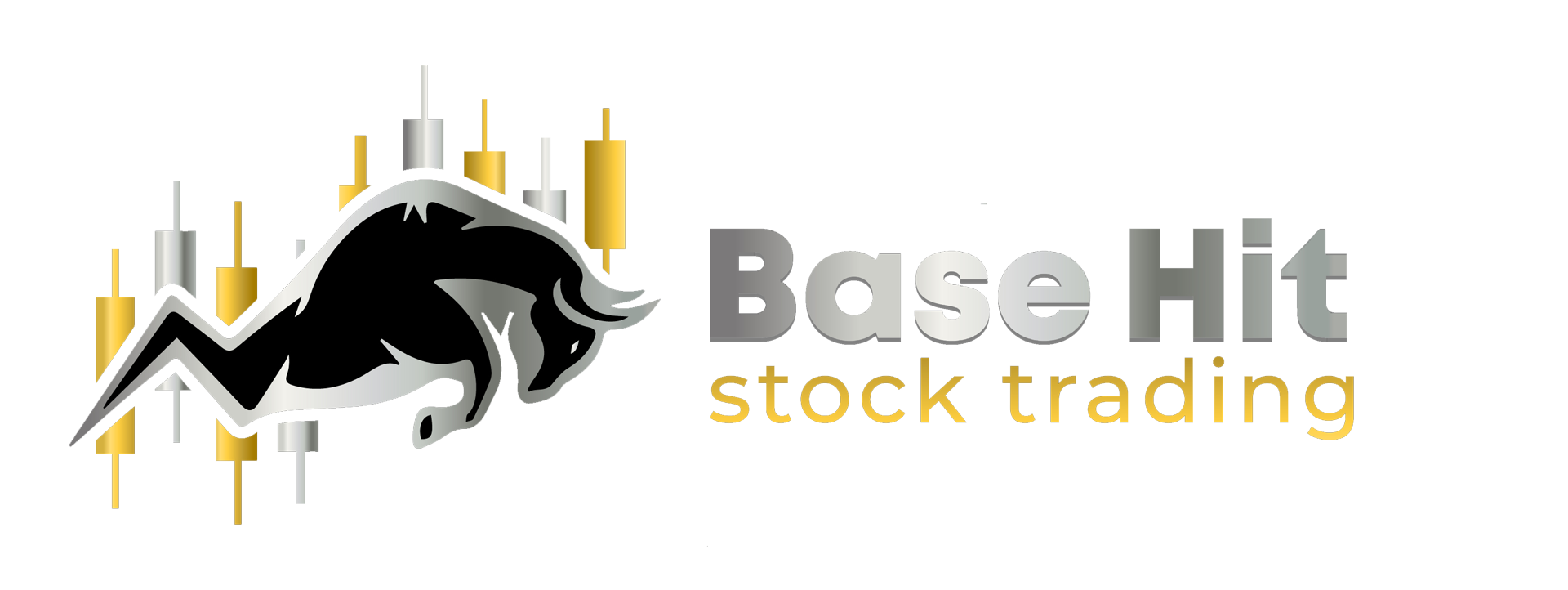Written by : Taylor Soper at Geek Wire
Nautilus Biotechnology, a Seattle-based biotech startup led by Isilon co-founder Sujal Patel, is the latest company to go public using a special purpose acquisition company, or SPAC.
The deal, announced Monday morning, will inject approximately $350 million into Nautilus, which is developing a next-generation platform to analyze the human proteome, or the body’s full set of proteins. It values the company at $900 million.
The company plans to raise $150 million as part of a merger with Arya Sciences Acquisition Corp III, a publicly-traded SPAC sponsored by existing Nautilus investor Perceptive Advisors. As part of the transaction, Nautilus will also reel in $200 million from new and previous backers via private investments in public equity, also known as a common stock PIPE, which is used to fuel a SPAC as an extra financing round.
SPAC mergers have become popular alternatives to the traditional process for initial public offerings, offering a faster path to going public. Also known as “blank check” companies, SPACs typically do not have an established business and are used to raise funds via public offering for a future merger or acquisition by a specific deadline. An estimated 219 SPACs raised $73 billion last year, according to research from Goldman Sachs reported by TechCrunch.
Perceptive, a top biotech investment firm, is sponsoring the SPAC. The boards of both Arya III and Nautilus have approved the proposed transaction, which is expected to close in the second quarter. The combined company will keep the Nautilus name and will be listed on the Nasdaq under the ticker NAUT.
Shares of Arya were up 80% on the news Monday.
Founded in 2016 by Patel and Stanford professor Parag Mallick, Nautilus is building a combination of hardware and software to more accurately and efficiently quantify the human proteome. The 70-person company, co-located in Seattle and Silicon Valley, has an ambitious plan to change the way therapeutics are developed, seeking to catalyze a new wave of medical treatment.
“We believe that a radical reinvention of proteomics is necessary,” Patel said during an investor presentation Monday. “And we believe that Nautilus has the platform with the potential to revolutionize biomedicine.”
Patel and Mallick will continue leading Nautilus when the merger is completed, along with the existing leadership team.
While it’s now relatively simple and cheap to analyze a genome with a drop of blood, the same progress hasn’t been made with the proteome — and that’s the opportunity Nautilus is looking to capture with what it describes as faster, cheaper, and more precise proteomic technologies.
Part of Nautilus’ secret sauce is the ability to crunch huge amounts of data required when reading a proteome and applying technology such as machine learning. That’s something Patel knows well from his experience at Isilon, a pioneering storage company that went public in 2006 and helped large organizations better manage massive datasets.
There are several use cases for the company’s technology, including therapeutics development and other proteomics applications. A majority of FDA-approved drugs target a protein, and knowing more about the proteome can help make the drug development process more efficient.
In some ways, Nautilus wants to democratize proteomics, similar to how companies such as publicly-traded biotech giant Illumina have done with genomics. The company estimates a total addressable market of more than $25 billion.
“We believe that this is one of the last untapped opportunities in biological science today,” said Patel, a veteran Seattle tech entrepreneur who sold Isilon to EMC for $2.5 billion in 2010.
Nautilus raised a $76 million Series B round raised last year led by Vulcan Capital, the multi-billion-dollar holding company created by the late Microsoft co-founder Paul Allen. Bezos Expeditions, the VC arm of Amazon founder Jeff Bezos, also invested, along with Perceptive Advisors, Andreessen Horowitz, Madrona Venture Group, and others.
Andreessen, Madrona, and Vulcan participated in the PIPE, as well as new backers such as RA Capital Management, Ally Bridge Group, Bain Capital Life Sciences, Franklin Templeton Investments, OrbiMed, Alyeska Investment Group, L.P., and Casdin Capital.
Nautilus spent its early days inside the Madrona office in Seattle. Patel is a strategic director at the firm.
Patel said the SPAC gives Nautilus a more direct path to IPO in one step, “versus a two or three-step process with venture-backed private rounds and a traditional IPO.”
The extra cash will help accelerate Nautilus’ path to commercialization planned for 2023. It expects to post a non-GAAP net loss of $46 million this year, according to projections shared in the investor presentation. Revenue is expected to grow to $183 million by 2025 but the company will still be unprofitable with an estimated net loss of $42 million.
Last month Nautilus announced three executive hires, including two of Patel’s former colleagues at Isilon. Late last year it also signed its first pharma partnership with Genentech for a pilot study.
Nautilus’ SPAC deal follows a public offering last week for another Seattle biotech startup, Sana, which raised $587.5 million and saw shares climb 40% on its first day of trading.
Other Seattle-area companies are getting in on the SPAC craze. In December, Seattle home services tech company Porch raised more than $322 million through a merger with PropTech Acquisition Corp. Last week, wireless pioneer Craig McCaw’s Seattle-area SPAC Holicity merged with satellite launch company Astra.





